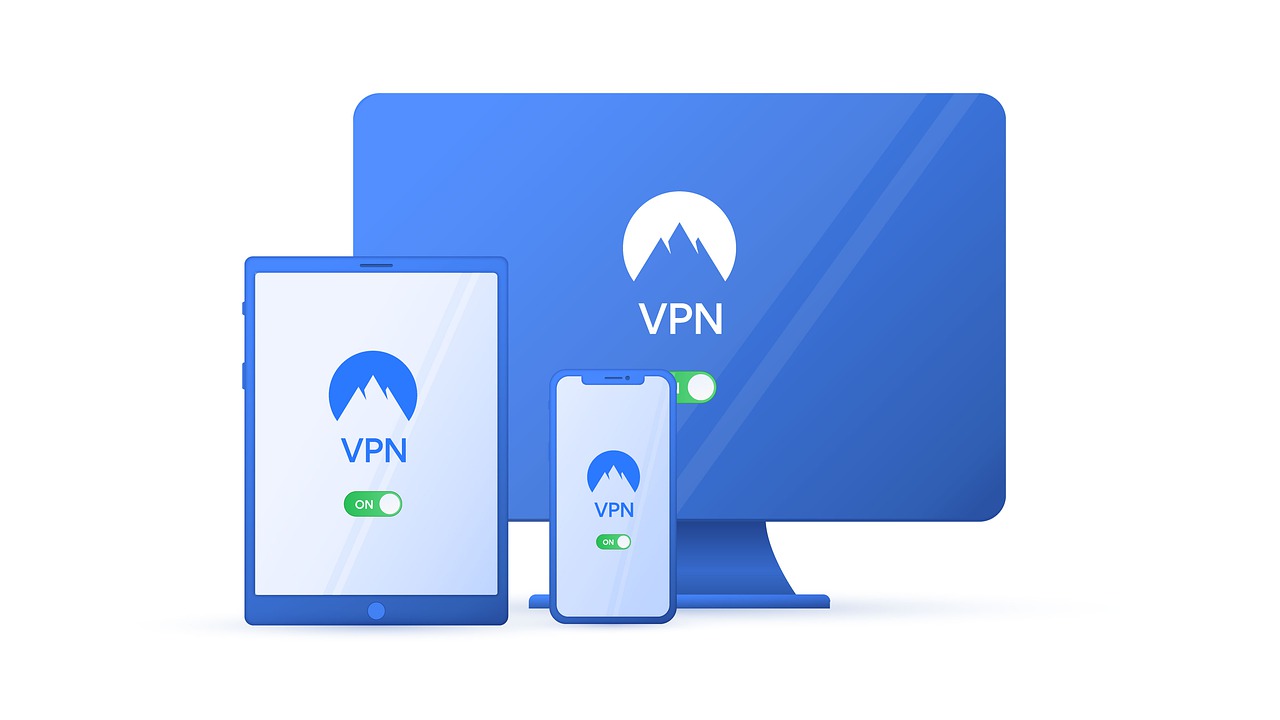In today's digital age, enterprises are faced with an increasing number of cybersecurity challenges. In order to protect the privacy of company data and employees, more and more businesses are choosing to use VPN in their internal networks. This article will delve into the application of VPN in enterprises and its important role in ensuring network security and improving employee efficiency.
Part One: The key role of VPN in enterprise network security
1. Data encryption protection: Businesses typically handle large amounts of sensitive data, including customer information, financial data, and intellectual property. Using a VPN allows this data to be transmitted over encrypted channels, ensuring that the data cannot be stolen by hackers and third parties as it travels over the Internet.
2. Remote Access security: With the popularity of remote working, employees need to access the company's internal network from different locations. VPNS can provide secure remote access for employees, ensuring they can securely connect to internal company resources regardless of location.
3. Prevent data leakage: Through VPN, enterprises can establish a secure tunnel to prevent data from being eavesdropped or tampered with during transmission. This can effectively prevent data leakage and information disclosure, and protect the core secrets of the enterprise.
4. Prevent network attacks: VPNS can hide the real IP address of employees, increasing the anonymity of the enterprise network, thus reducing the possibility of enterprises becoming the target of network attacks. VPNS can provide a more secure Internet environment, preventing phishing and malware attacks.

Part two: The application of VPN in remote office
1. Improve employee efficiency: Through VPN, employees can securely and remotely connect to internal resources, such as file servers and databases. As a result, employees can easily access work files from any location, increasing productivity.
2. Simplify team collaboration: VPNS can help team members in different regions to securely share files and data, strengthening collaboration and communication between teams.
3. Support flexible work arrangements: The use of VPNS by enterprises can provide employees with more flexible work arrangements, and employees can work in different locations according to their personal needs, improving work-life balance.
Part 3: How to choose the right VPN Provider for your business
When choosing a VPN provider, businesses need to consider the following factors:
1. Security: Ensure that suppliers provide strong encryption technology and security measures to protect corporate data and employee privacy.
2. Stability and reliability: Choose a VPN provider that provides stable and reliable connections to avoid frequent connection problems and disconnections.
3. Support and service: Ensure that suppliers provide 24/7 technical support so that businesses can get help and support at any time.
4. User experience: Test the user experience of VPN providers, including connection speed and ease of use, and select VPN services suitable for enterprise needs.
Conclusion:
VPN has an important application in the enterprise. By encrypting communications, providing remote access, and preventing data leaks and cyberattacks, VPNS can help businesses protect data security and employee privacy. In telecommuting, VPNS can improve employee productivity and team collaboration, providing enterprises with more flexible work arrangements. When choosing a VPN provider, enterprises need to consider factors such as security, stability, service, and user experience to ensure that they choose the right VPN service for their needs. Our VPN service is dedicated to providing enterprises with secure and stable connections, protecting corporate data and employee privacy, and allowing enterprises to operate with peace of mind in the digital age.
 Email
Email